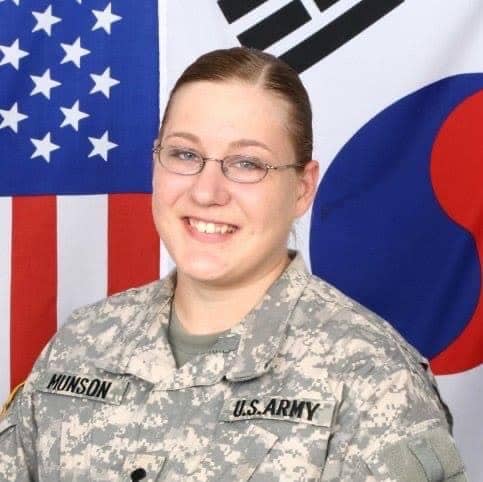By Justin Smith
Jennifer is a veteran of the U.S. Army and a college graduate with a degree in English. Jennifer’s childhood was uneventful, and neither her family nor Jennifer’s doctors ever suspected there was anything different or unusual about Jennifer as she moved through all the typical stages and milestones as a young woman.

This was a shocking revelation for Jennifer and her family, and they did not believe this could be correct. Jennifer’s family includes scientists and people who thought they would be able to recognize any kind of developmental discrepancy among any of their children. Her father asked for copies of her medical records as proof. Other family members immediately did their own research, but the proof was in the CT scan.
Jennifer continued to serve in the military for five more years – a total of seven years of service. She continued to work with a neurologist through Veteran Affairs (VA) for the next 10 years. Jennifer wanted to get a college degree, and the VA helped her achieve this by teaching her about her condition and giving her the coping skills to accomplish her goal.

Jennifer worked her way through college, and at age 36 she graduated with a degree in English. She describes herself as a very social person and says creative writing is one of the things she does best. Reading body language and facial expressions correctly continue to be very difficult.
“I can plan things out but can’t seem to be consistent or follow through with some things unless I have a structured schedule or a checklist to complete.”

While this uncertainty makes her feel insecure at times, it has not stopped Jennifer from achieving her career goals. Jennifer receives a lot of support from family and friends and most people are surprised to learn she has a brain condition.
Thank you for your service Jennifer!
This story is part of the Adults with DCC series that showcases the abilities and lives of real adults living with disorders of the corpus callosum. Students at The University of Texas at Arlington interviewed and wrote stories for this series.

